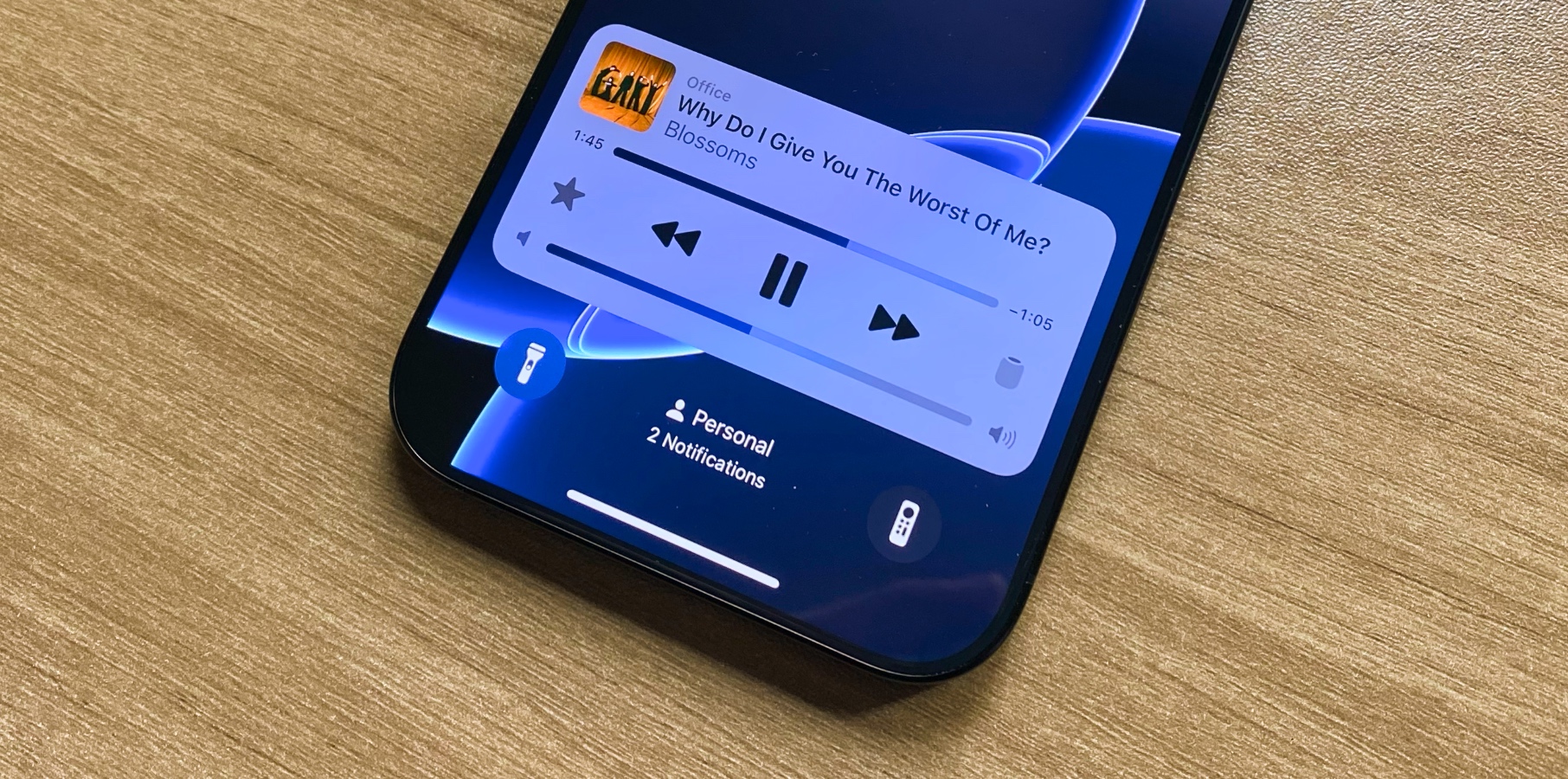Apple has been pretty serious about improving the iPhone’s anti-theft features. With iOS 18, users can finally lock and hide apps with Face ID. These functions make sensitive data safer while preventing scammers from accessing key apps like banks, photos, emails, and more.
However, another feature went unnoticed for months. As first reported by 404 Media, law enforcement officers were having issues with iPhones rebooting under “mysterious circumstances.” It seems iOS 18 has an inactivity reboot (or an auto-reboot) feature that forces iPhones to restart after some time.
While little was known about this, researcher Jiska Classen posted on X (formerly known as Twitter) how auto-reboot on iPhone works. She showed the inactivity reboot feature in action on an iPhone running iOS 18.2 beta 2.
In the experiment, we can see that an iPhone left alone without being unlocked reboots after 72 hours. She explains: “Inactivity reboot puts your iPhone into ‘Before First Unlock’ state, effectively locking encryption keys in the Secure Enclave Processor. Even if thieves leave your iPhone powered on for a long time, they won’t be able to unlock it with cheaper, outdated forensic tooling.”
She reiterates that even if this feature makes it more challenging for law enforcement to get data from criminals’ devices, it “won’t lock them out completely. Three days is still plenty of time when coordinating steps with professional analysts.”
The researcher also notes that Apple also prompts users on iOS 18.2 beta to enable Stolen Device Protection. This iOS 17.3 feature was previously hidden under the iPhone’s settings, but the company wants users to be aware of it.
Stolen Device Protection adds a new layer of protection that helps you keep your data safe even if your iPhone is stolen. A second Face ID authentication is required to erase your content, log off iCloud, or change your password. Here’s how to use Stolen Device Protection.








